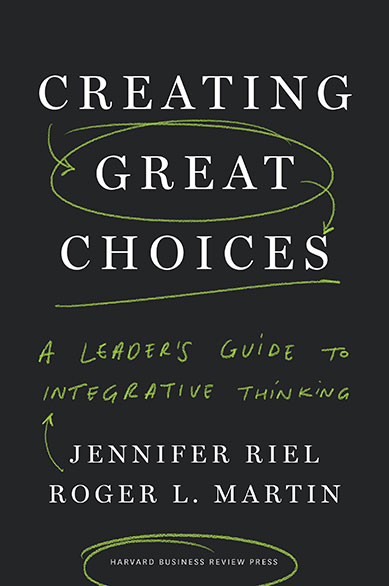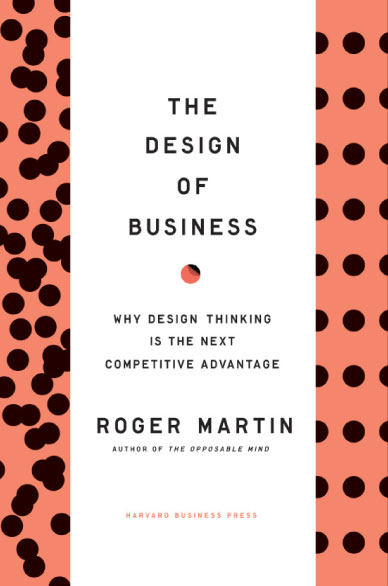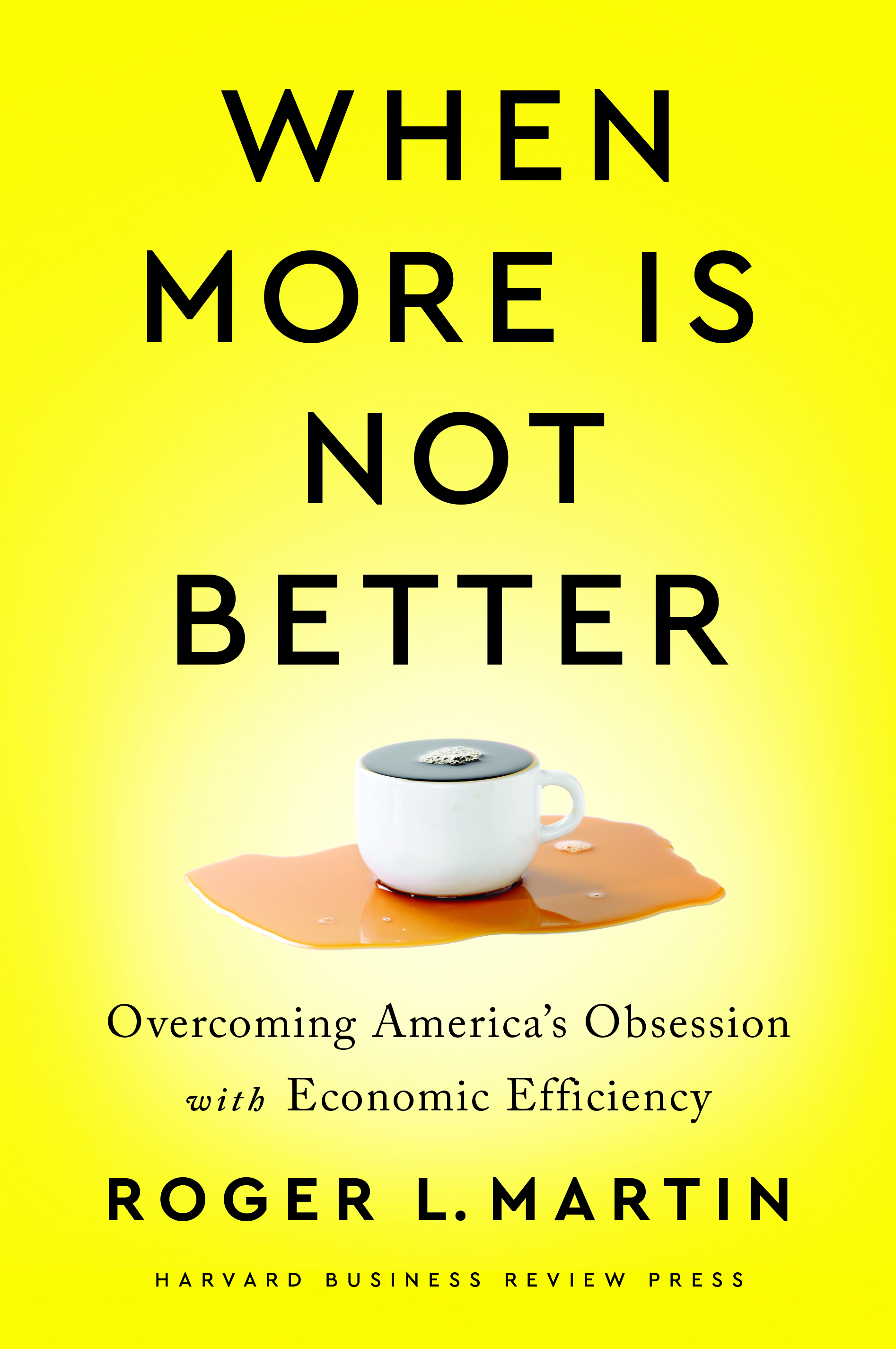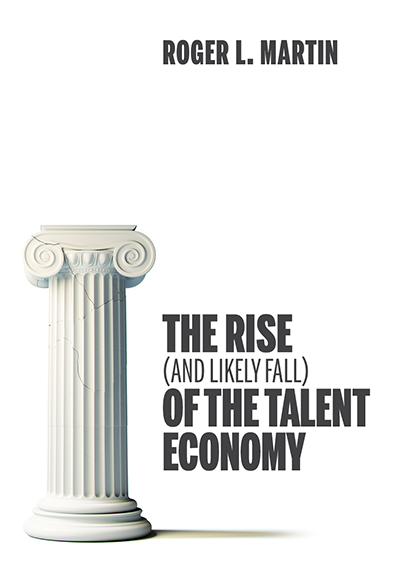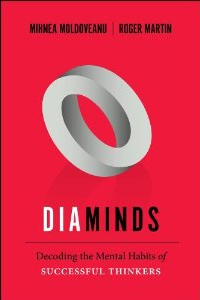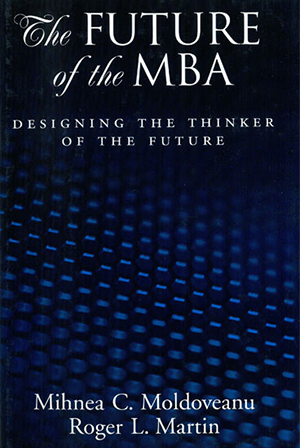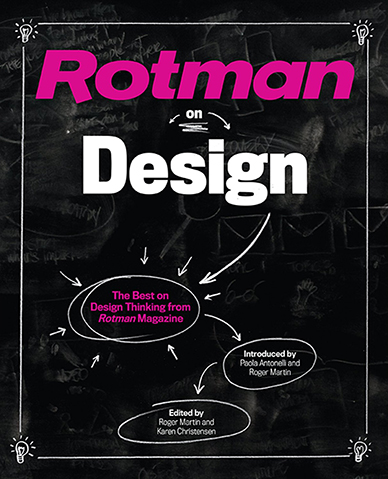For my entire advisory, academic, and writing career, I have been deeply interested in thinking about thinking – that is, exploring, understanding, and writing about the models that managers use to guide their thinking. Many focus on management decision-making and whether decisions are good, bad, or indifferent. I always strive to push one step further upstream to explore what model that the managers in question used to frame their decisions.
As I have explored this question, I have found some Management Models that are very valuable to the managers using them. I have also developed new Management Models, such as Integrative Thinking, Strategic Choice Cascade, and Strategic Choice Structuring Process, that have helped managers frame and make better choices.
But by the same token, I have found Management Models in common use that are destructive to good choices. That is, when managers use them, the model produces results that disappoint the managers. For example, human resource managers use stock-based compensation to align the interests of management and shareholders but find that the outcomes are opposite of those intended. Or they make decisions based strictly on rigorous analysis of data but find that they can’t innovate. Or they believe that a successful acquisition is one in which the company gets more from the acquired company than it provides the acquired company, only to be disappointed in the results of the acquisition.
I explore these and other flawed Management Models in my articles and books, in particular in A New Way to Think, which reviews fourteen flawed and destructive models, and provides a superior alternative model for each.
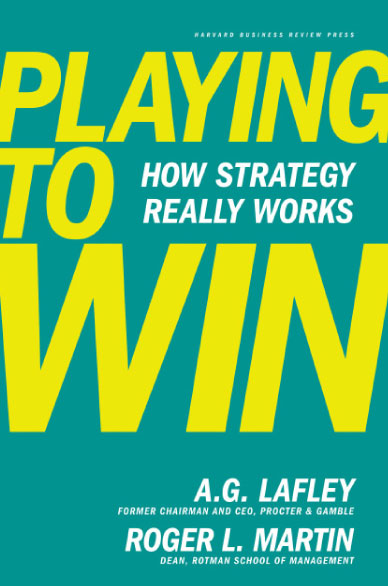 Buy the book
Book roger to speak
Buy the book
Book roger to speak

